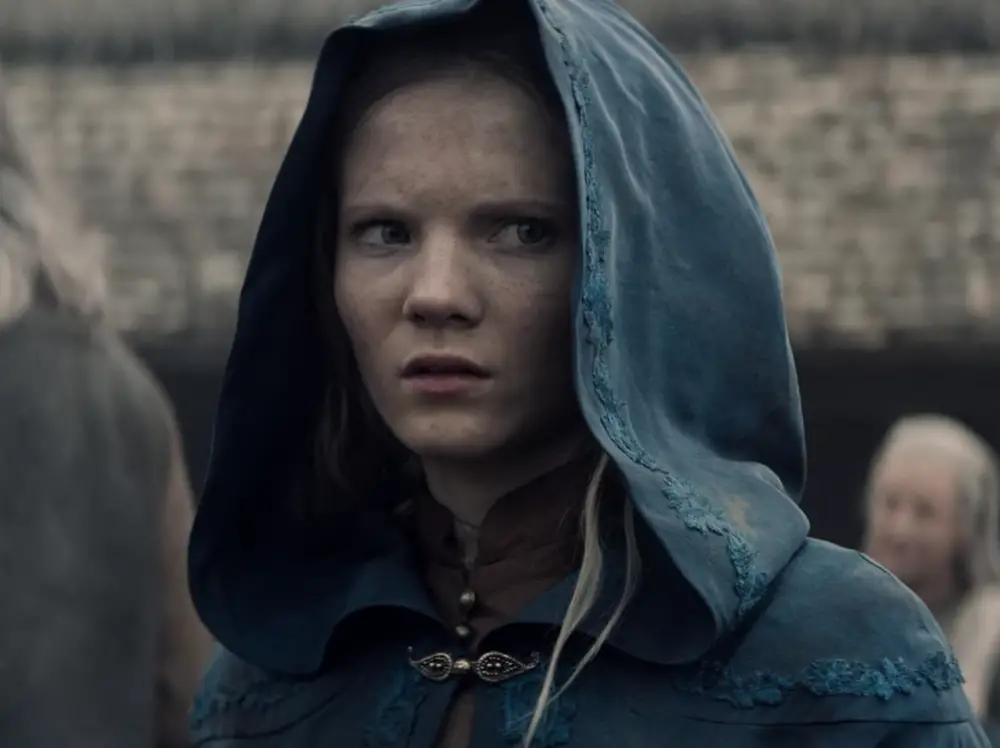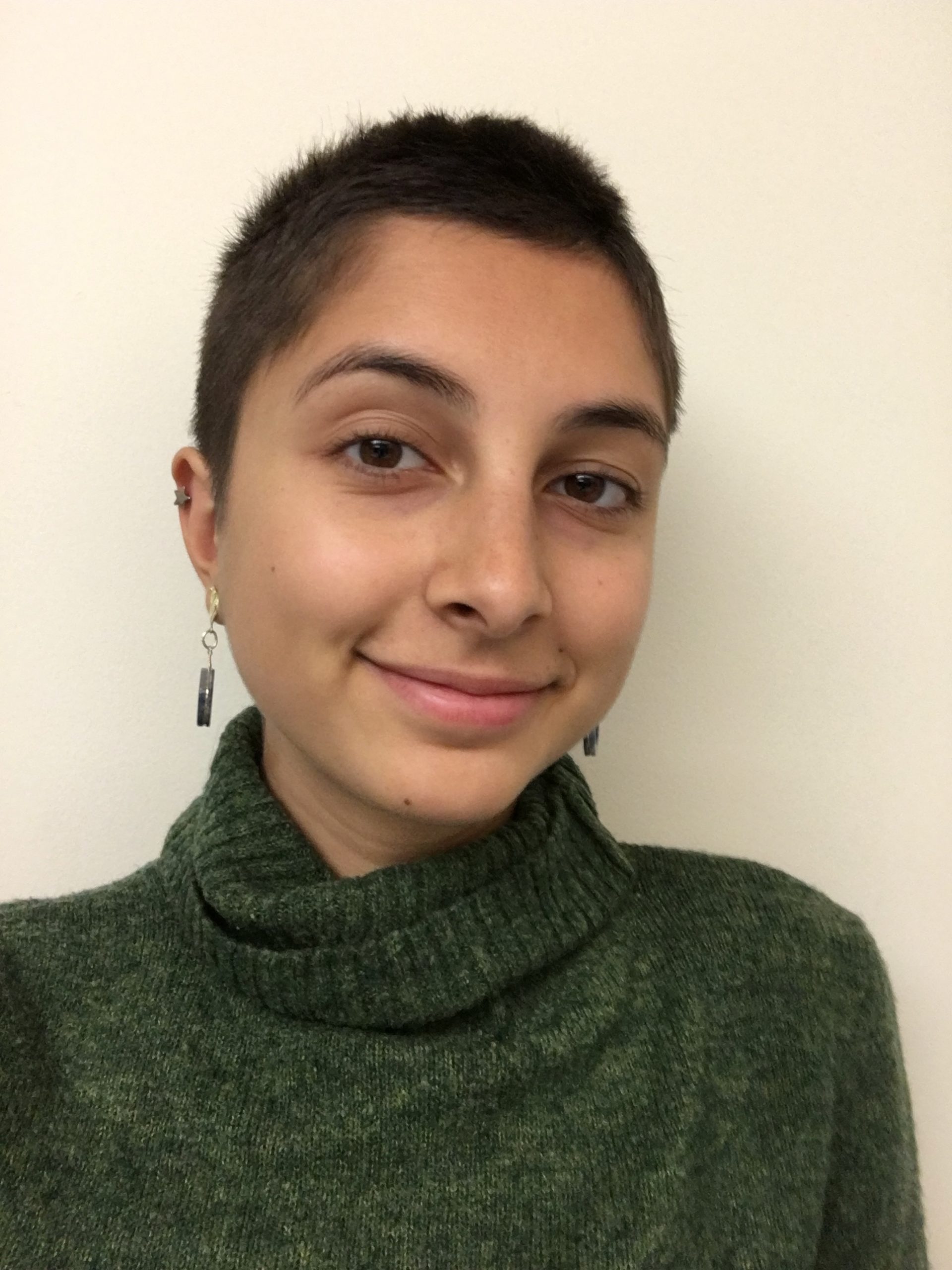Based on a fantasy book series and subsequent video game trilogy, Netflix’s original series “The Witcher” has taken third place for the most in-demand streaming show, behind “Stranger Things” and “The Mandalorian.” Despite an initial poor reception from critics, fans in the U.S. can’t stop talking (and meme-ing) about the show, which has been confirmed for a second season. One captivating element is possibly its relevance to today’s conversation around climate change; yet the series, despite having two strong female leads, lacks the feminist bent that some fans hope for.
Quick anecdote: I started watching “The Witcher” on an airplane, only to discover that the two other people in my row — both men — were also watching it. They proceeded to talk about the show at great length, while I put my headphones back in and absorbed myself in the saga of witchers and monsters and castle sieges. Since then, I have gushed about the show to anyone willing to listen, with the caveat that it falls down on fighting gender stereotypes that are already entrenched in the gaming and fantasy realms.
“The Witcher” follows Geralt of Rivia, played by Henry Cavill of “Superman” fame, as he slays monsters and battles humans. Other central characters are the powerful mage Yennefer of Vengerberg (Anya Chalotra) and Princess Cirilla of Cintra (Freya Allan).
The Netflix adaptation is just the latest addition to the “Witcher” universe. Three role-playing video games, inspired in turn by Polish author Andrzej Sapkowski’s popular book series, preceded the show. Showrunner Lauren Schmidt Hissreich modernized and adapted the storyline for the Netflix show, bringing Ciri and Yennefer into the story much earlier and giving them their own distinct voices and backstories that the books merely alluded to. But she couldn’t stray too far from the source material, because “The Witcher” already has a huge fan base that has read the books, played the games and are hungry for more.
While the books were popular, the video game adaptation was a huge hit for developer CD Projekt Red; according to ScreenRant, “CD Projekt Red games bring to mind the old ‘Nintendo Seal of Quality.’” The developer is known for producing one increasingly high-quality game at a time and for not using predatory microtransactions to extract more money out of players.
For gamers, “The Witcher” brings to mind an honorable developer and an immersive universe in which players can be a monster-slaying hero. The book series conveys a humbling message to readers, with commentary on the human thirst for power. The TV series seems at first viewing to be a more nuanced kind of fantasy series, in which viewers can reflect on their own inner demons and the role that humans play in the world.
Alas, as all great sagas have their faults, “The Witcher” fails to present female characters that can carry the story by themselves. The Gamer says of the video game trilogy, “The Witcher is a great franchise for powerful female characters,” yet they seem to be missing the point. “The Witcher” may be a better franchise for women than most fantasy realms: For example, “Game of Thrones,” which the series is often compared to, has received plenty of backlash for its depiction of women. Fans of “The Witcher” have adopted Yennefer’s character as a “feminist icon,” but they ignore the serious ways in which she plays into harmful female stereotypes.
Yennefer begins the show as a hunchback before being sold by her father to sorceress Tissaia de Vries (MyAnna Buring). In the first few episodes, she slowly discovers her true power and falls for a man who doesn’t care about her physical impairment. How exciting — a headstrong, complex, not traditionally beautiful female main character in a fantasy show. At least for the first few episodes, that is.
This inclusive fantasy quickly crumbles when Yennefer chooses to undergo a physical transformation to realize her full potential as a mage and become “beautiful,” giving up her uterus in the process. Straight-backed and bitter, Yennefer emerges as another potential version of a strong female lead: a powerful mage who takes no s–t and bends men to her will. A win for feminists, right? Not quite. In her new role, Yennefer fulfills another stereotype that women in television often find themselves in: If they’re not submissive love interests, they’re raging anti-male feminazis.
Let it not be said that Yennefer lacks substance. Her character is complex, multidimensional and undoubtedly vital to the story. In the final episode of the first season, she single-handedly defeats an army of enemy soldiers with one spell. Yet her character makes it clear that all the power she obtained was not worth giving up her fertility. Children were her only shot at having a legacy, which is Yennefer’s underlying quest throughout the season.
Yennefer’s maternal desire can be taken in one of several contradictory ways. On one hand, why can’t viewers have a female character to look up to who doesn’t want to have babies? Women already face the expectation to balance children with their work, while the many women who don’t want kids at all lack representation in television. On the other hand, Yennefer defends women’s right to choose, having had her choice taken away from her. On a third hand (because this is “The Witcher” and one can reasonably have three hands), her transformation and subsequent barrenness subtly reinforces the idea that women must choose between work and family.
Moving on to the third lead character, we find Princess Cirilla (Ciri) of Cintra, who in her first scene is dressed as a boy and playing knucklebones. She is intelligent, with a sense of humor and a talent for sword fighting. Yet throughout the show, she displays an inability to make sensible decisions without the help of men. Her mother, Queen Calanthe (Jodhi May), has also been hailed as a feminist icon. Heralded as “The Lioness of Cintra,” Calanthe’s love of fighting borders on fanaticism that makes her unrelatable to most viewers. Female fans watch Calanthe onscreen and say, “Wow, she’s cool,” but don’t see themselves reflected in her character.
https://www.youtube.com/watch?v=OL5fqOkQwSU
Other notable women include sorceresses Tissaia de Vries, another maternal figure, and Triss Merigold (Anna Shaffer), who appears to fall in love with Geralt at first sight. Of course, the feminism of a series is not limited to its treatment of female characters. Looking to the men, we see Geralt’s sidekick, Jaskier, who fans wish was gay but who is clearly straight based on the way he brags about his sexual encounters with women. To the show’s credit, women greatly outnumber men in terms of relevance to the story, but most of the men are independently linked to the plot and carry their own storylines while the women center around Geralt or other male characters.
“The Witcher” fandom itself reinforces the harmful representation and objectification of women in fantasy and gaming. Reddit threads and memes critique female actors in the show for not looking like their virtual counterparts, particularly on the basis of race, or rudely compare pre- and post-transformation Yennefer.
At surface level, Netflix’s “The Witcher” series appears to be a new brand of fantasy in which women have a more central role, yet closer critique reveals that the story falls short of depicting a female character who fans can both admire and see themselves in. Perhaps Season 2 of “The Witcher” will deliver on such expectations, but fans will have to wait until 2021 to find out.

















